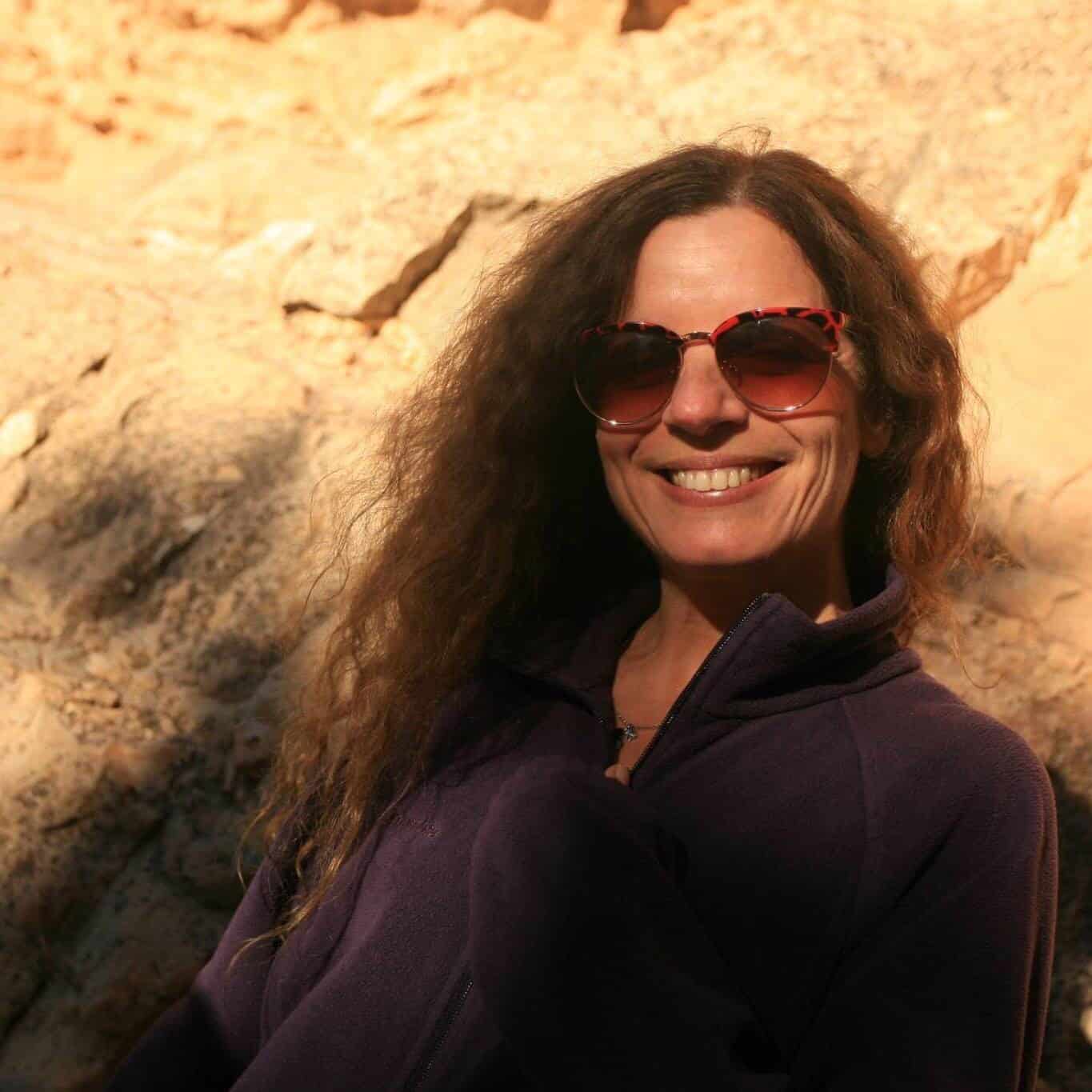Professor Amina Mettouchi holds the Berber Linguistics chair at Ecole Pratique des Hautes Etudes. She shifted to the online scene, first with the pages on endangered Amazigh languages on her professional website, then with the Facebook Page Endangered Berber Languages and the Twitter account Langues Berberes en Danger. Today she tells us about her work.
Tamazight is not one language
Pr. Mettouchi clears up a misconception, “This is not only a question of scientific truth, but it is also a trap for Berber languages, to talk about Tamazight as one language because then individual languages die in silence since as long as some speakers of major varieties still speak those varieties, one believes that “the language” is alive and does not involve themselves in documentation and preservation. This is what has happened in the last decades, and it is time we reverse the trend and celebrate and document the beautiful diversity of Berber languages.”
What can the average person do?
“The most urgent is to collect recordings from threatened Berber languages, make audio and video recordings of elders telling stories, evoking memories, remembering ancient traditions, songs, poems, proverbs, riddles etc.”
She continues, “One crucial thing also is that speaking a language to talk about modern realities in our Western lives is good, but doing only that leaves unseen the whole iceberg, which is the wealth of traditional knowledge that characterizes indigenous cultures,” regarding the environment, medicinal plants, philosophies or world-views, history, “that we do not use on an everyday basis to go shopping or talk about our feelings or our jobs.”
Pr. Mettouchi suggests setting up kindergartens where children can learn a respective Amazigh language in an interactive and organic way. “They are easy to implement, even in diaspora contexts at a smaller scale, but they are only possible if we think about it in a radically new way, by empowering women, especially older women who still are skilled in traditional activities and language, and by being confident in the value and importance of oral transmission.”
How can we spark interest in some Arabophones who may believe the preservation of Amazigh languages does not concern them?
“All studies on bilingualism or multilingualism in the last decades have proved that speaking several languages is better for everything, from health to wealth, than being monolingual. The idea that for instance, an Arabic speaker must, for her children, choose between learning English and learning Rif Berber is beside the point.”
Pr. Mettouchi’s favorite project and final remarks
“I have a soft spot in my heart for the first international project I coordinated, CorpAfroAs, because it was very innovative at the time, and there were several young Ph.D. researchers involved, whose input was crucial, and whose energy carried the project onwards. But the most exciting endeavor for me is the one I am developing right now, this large-scale project on the documentation of the diversity of Berber languages, which interacts with other more academic interests of mine. I love the fact that my academic work might make a difference in the lives of children who are in danger of never having the opportunity to speak their ancestors’ language, and who will perhaps be given back that opportunity because everyone will feel responsible for that, and act in that direction.”
For full story: https://insidenorthafrica.com/2019/03/23/linguist-and-professor-amina-mettouchi-endangered-berber-languages/

